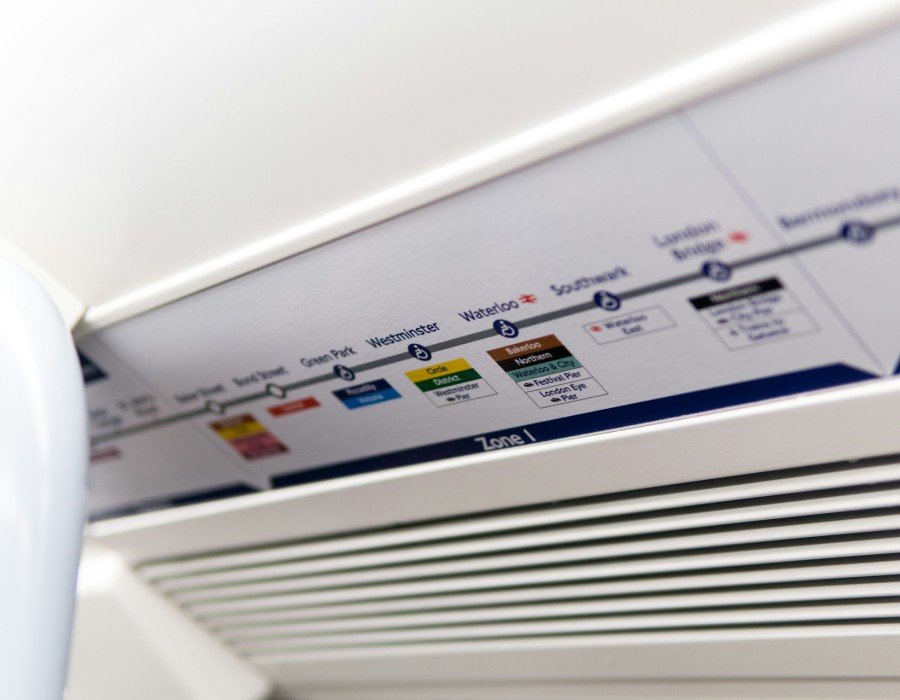It becomes increasingly important to have a dependable and efficient heater when the temperature decreases and winter season comes closer in order to maintain a cozy and comfortable living space. In addition to being essential for safety against the bitter cold, a heater that works properly is also essential for comfort. And just like any other house hold items Like mixer, air conditioner and, washing machine heaters too can, however, experience occasional hitches and malfunctions. Proper maintaining and regular cleaning of heating, and ac services are important to keep them running intact.
Luckily, not all HVAC repair require the expertise of a professional technician. Many common issues that arise can be easily addressed by homeowners armed with a basic set of do-it-yourself skills. While major problems should always be left to the experts, tackling minor heater issues on your own can save time and money, ensuring your home remains cozy throughout the colder months.
What are some common signs that indicate your heater may be experiencing minor issues?
Several common signs can indicate that your heating services may be experiencing minor issues. Recognizing these signs early on can help you address the problems promptly and prevent them from escalating into major malfunctions. Some of the signs to look out for include:
- Strange noises, such as pounding or rattling, may be a sign of missing or worn-out parts. Filter blockages or duct obstructions may cause the vents to have poor airflow, which will reduce the heater's effectiveness. It may indicate an airlock or radiator issue with hot water heaters if you observe lengthier heating cycles or uneven heating over the heating surface.
- A poor flame or frequent extinguishing of the pilot light are another possible symptoms of a gas heater with a pilot light problem. Red flags can also include continuous cycling and unusual odors.
- Additionally, faults with calibration may be indicated by thermostat issues such temperature disparities or inconsistent behavior. If you notice any of these symptoms, you should address them right away with DIY fixes or help from a professional to avoid minor problems from becoming bigger, more expensive difficulties in the future.
DIY Troubleshooting Tips For Heater Issues
Let’s explore some valuable tips to help you troubleshoot and fix minor heater issues, ensuring your warmth and comfort during the colder months.
Check the Thermostat:
Before you assume you have a furnace problem, do some furnace troubleshooting and check the thermostat. Begin by checking the settings, ensuring it's in "heat" mode and the temperature is suitable. Low batteries might be the culprit, so replacing them can often fix the issue, ensuring your comfort and a well-functioning heater. Track and check the wires to ensure no breakages especially if you just had house remodelling.
Clear Air Vents and Registers
Blocked or dirty air vents and registers can greatly hinder your heating system's efficiency. The blockages can either be by dirt or debris or by ice accumulation on the out vents. It's essential to keep them clear of dust, debris, and obstructions. Regular cleaning will ensure a smooth and steady flow of warm air, effectively distributing the heat throughout your home and maximizing the performance of your heater.
Make Sure the Gas Is On
Is your gas furnace blowing cold air instead of hot? A common reason could be a switch that has been left in the wrong position. Check where the gas line connects to the pipe near the meter; you might find a handle there. Turn it until it aligns with the pipe.
Change the Furnace Filter
A furnace may turn off due to a clogged furnace filter. The most frequent cause of furnace issues is dirty filters. Airflow is impeded by dust and grime, and if the filter becomes overly clogged, the heat exchanger overheats, shuts off prematurely. Replace the filter instead use reputed brand filters like HEPA furnace filters that include superior air purification by capturing tiny particles like dust, allergens, and pet dander. Hepa filter improve indoor air quality, reduce allergy symptoms, and promote a healthier living environment for residents.
Flush Out Drain Lines
High-efficiency furnaces can produce gallons water during the heating season, and if drain lines get clogged with sediment or mold, the furnace may shut down. To fix this, have a quick check of the drain hose for dirt or grime. If dirty, remove the hose, and fill it with a 25% bleach-water mixture. After a few minutes, flush the hose to clear any obstructions and ensure smooth drainage, keeping your furnace running efficiently.
How To Strike A Balance Between DIY Troubleshooting And Professional Technician Repair
No matter what but having a balance is important. Thus same goes with this DIY troubleshooting and professional technician repair is essential to maintain a well-functioning heating system, but while ensuring safety and efficiency. You must start by understanding your level of understanding and technical skills, focusing on simple tasks like cleaning vents and changing filters. Always follow the guidelines received during purchase and primarily prioritize safety, particularly when dealing with gas or electrical components. Regular maintenance and self-education are key to preventing minor issues.
However, when facing major issues, recognizing the need for professional help is crucial to avoid exacerbating the situation. Invest in periodic professional maintenance to catch potential issues early on. By striking this balance, you can have the benefits of DIY efforts while knowing when to rely on skilled technicians for more significant repairs, ensuring optimal comfort and reliability in their heating system.
Conclusion
Anyone can ensure a warm and cozy living area throughout the colder months by using these DIY strategies to troubleshoot and repair minor heater difficulties. But always put safety first, and if you run into a situation that is outside your area of knowledge, don't be afraid to ask for help from a professional. Your heater can last longer and continue to operate efficiently with routine maintenance and timely treatment to minor problems.






Comments